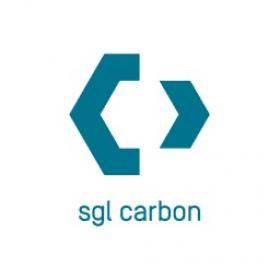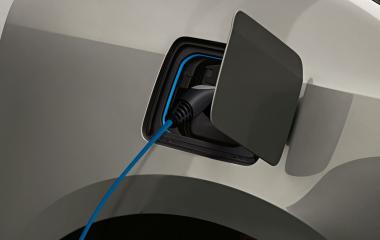The climate-friendly carbon fiber - up to 50% less CO2 emissions
SGL Carbon relies on climate-friendly manufacturing processes in the production of its own carbon fibers. By using renewable energy, the carbon footprint of SGL fiber can be reduced by up to 50% compared to a conventional fiber.
SGL carbon fiber is produced at the Lavradio (Portugal) and Moses Lake (USA) sites. When the Moses Lake site was selected in the 1990s, the use of hydropower as an energy source played a particularly decisive role. As a result, around 75,000 tonnes of CO2 can be saved in Moses Lake by purchasing electricity from hydropower plants compared to a fossil fuel-based electricity mix.
As part of the consistent implementation of its climate strategy, SGL Carbon will be using a CO2-neutral biomass system to generate energy from the beginning of 2024, which will make the production system, which was previously based on natural gas, more flexible and climate-friendly. At full capacity, the biomass system in Lavradio can save more than 90,000 tons of CO2.
The raw material used is wood pellets, which are sourced from a radius of 250 kilometres via short transport routes.
The climate-friendly energy supply at the site in Moses Lake (USA) combined with the new biomass plant in Lavradio (Portugal) lead to a reduction in CO2 emissions of up to 50% in the production of SGL's own carbon fibers compared to conventional fibers. With the investment in the biomass system, SGL Carbon is pursuing its climate strategy. The target is to save 50% CO2 emissions by the end of 2025 compared to the base year 2019 and to be climate-neutral by the end of 2038. In the period 2019 to 2022, SGL Carbon has reduced its CO2 emissions by 17%.
SGL Carbon SE











